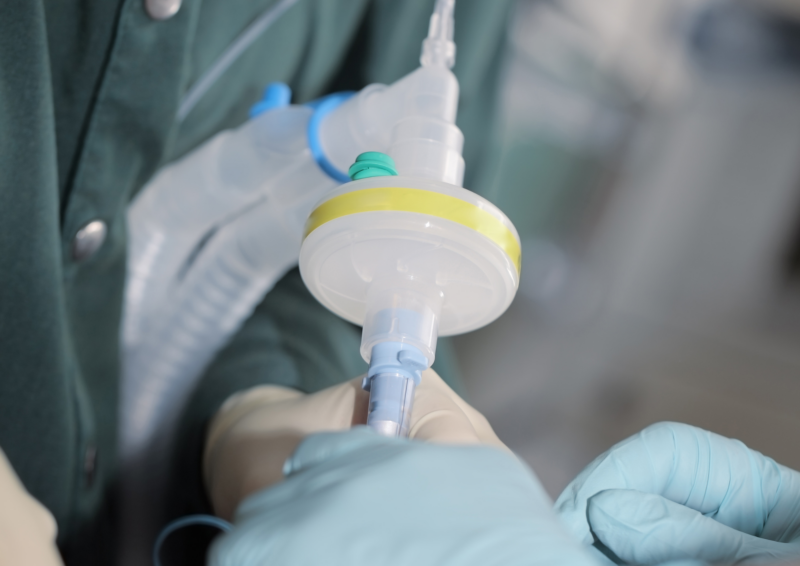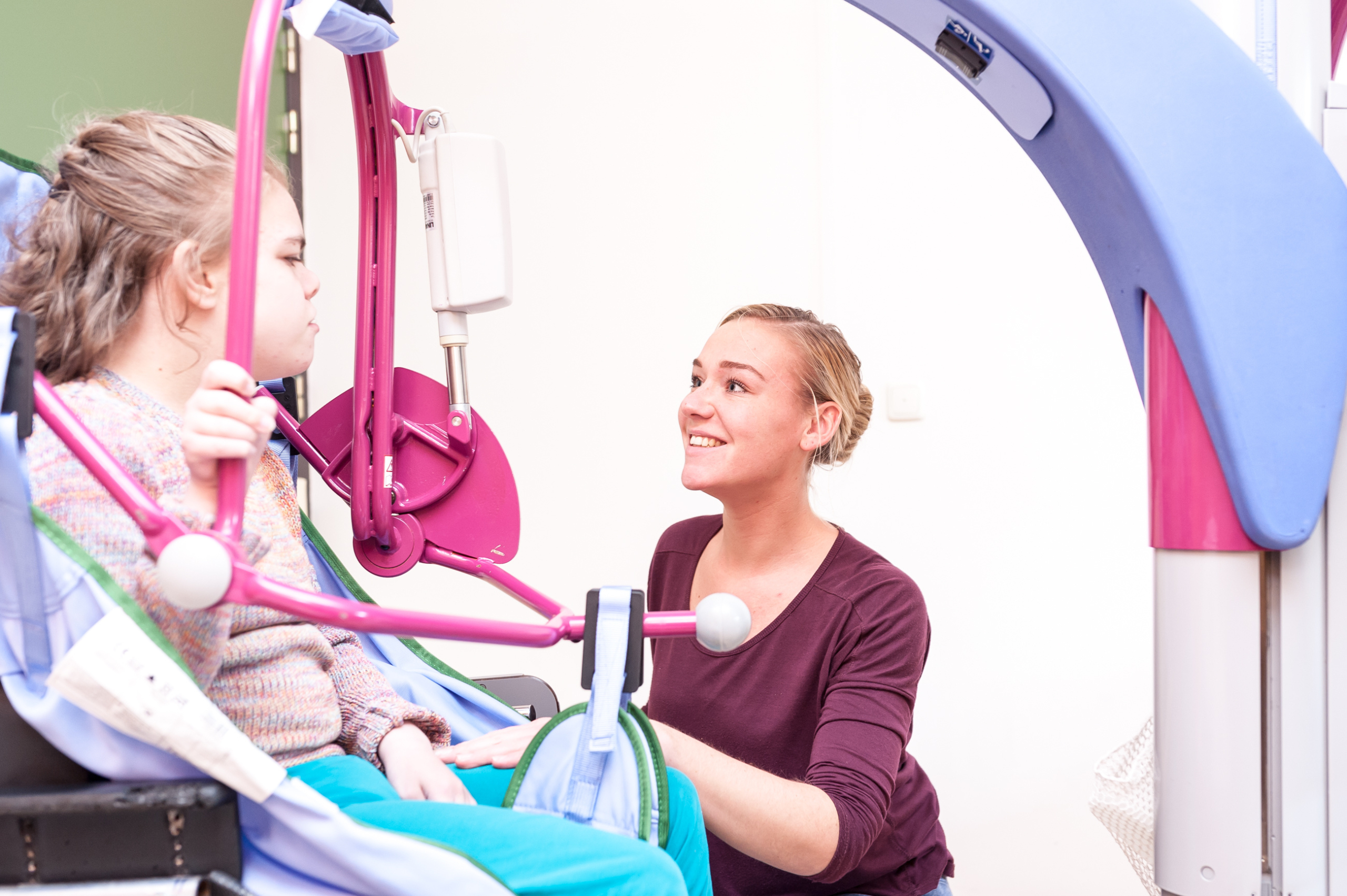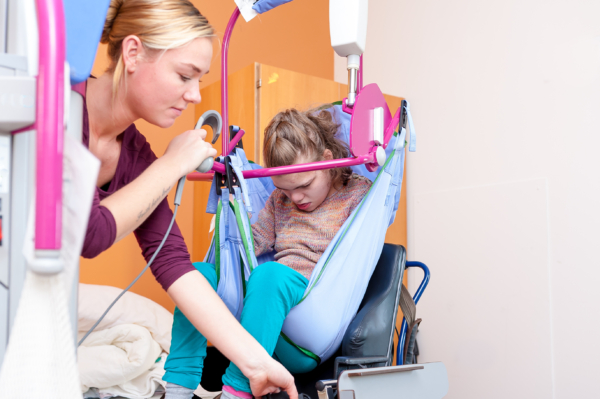Ventilation and Respiratory Support
Home ventilation and respiratory support is perhaps considered one of the most complicated and advanced types of medical treatment provided outside of the hospital setting. We provide support to people who may have difficulties with their breathing due to complex health conditions.

Committed to providing the highest standards of clinical care in the home.
We’re specialists in caring for service users with complicated respiratory conditions. We work in partnership with you and your family to fully understand any challenges, requirements, and choices around the care we provide.
For those who require ventilator support, ventilation and respiratory care can be a challenging prospect; our aim is to reduce this. We extensively train our staff to be equipped with the skills, knowledge, and confidence to support clients requiring ventilation.

Latest insights
Apprenticeships: Investing in the Complex Care industry
Our stories
From Healthcare Assistant to Registered Nurse with HASCS
Your kind words
Your work ethics and the vision of your company is what it should be. You clearly love what you do and the team have so much respect for your hard work. You all will always be our family.
Family of client | South West, UK
Your kind words
Health & Social Care Services Ltd have made such a huge difference to our family’s quality of life. After many years of continuous stress and battling to get the care that our disabled son desperately needed, to have an acceptable quality of life – it feels like we have suddenly ‘landed’!
Family of client | South West, UK

Our Stories
Children’s Care to Adult Care: A Path to Independence
Latest insights
New to Complex Care? A Comprehensive Guide for Beginners
Complex Care Solutions
Ventilation and Respiratory support at home
If you or your loved one has a condition that can make breathing difficult, our ventilator and respiratory care supports you to live your best life at home.
What is a ventilator and when is it needed?
A medical ventilator is a machine that helps your lungs work. If you have a condition makes it hard for you to breathe properly, or you cannot breathe on your own, you will need ventilation. The type of ventilation you require will vary dependent on your medical condition.
Spinal cord injuries, brain injuries and neurological disorders, such as motor neurone disease or muscular dystrophy (link), can all lead to the need for complex care interventions including ventilator care and support.
Types of support
HASCS recognise the unique requirements of every person we support. By working collaboratively with our service users Multidisciplinary Teams, we can ensure the best continuation of care and necessary support.
- Ventilation: invasive or non-invasive.
Examples of invasive ventilation include intubation through the mouth or tracheostomy. A tracheostomy is a procedure where a hole is made at the front of the neck. A tube is inserted through the opening and into the windpipe to help you breathe.
Non-invasive ventilation uses a face mask connected to a ventilator to pump air into the lungs.
- Respiratory Management (including cough assist, phrenic nerve pacer and chest physiotherapy).
- Tracheostomy Care – daily and emergency (including suctioning, ambu-bagging, and oxygen therapy).
Helpful Resources
We understand that when you need ventilation care or respiratory support, you may have questions, worries, or wish to just know more about your care. We are on hand to answer any questions you have, but here are some links you may find useful.
Growing up using a ventilator can be a really challenging time for a child who is already sick, this helpful guide from WellChild is a helpful resource for children or young adults receiving ventilation care: https://www.wellchild.org.uk/for-professionals/research-resources/growing-up-using-a-ventilator/
Referrals
Speak to our care professionals for comprehensive care solutions tailored to your needs
We welcome referrals from case management teams, local authorities, NHS Trusts and integrated care boards, charities as well as directly from the home and family. Upon referral, our team will contact you, where they can talk you through the entire process and guide you through each stage, as well as answering any questions you may have.

